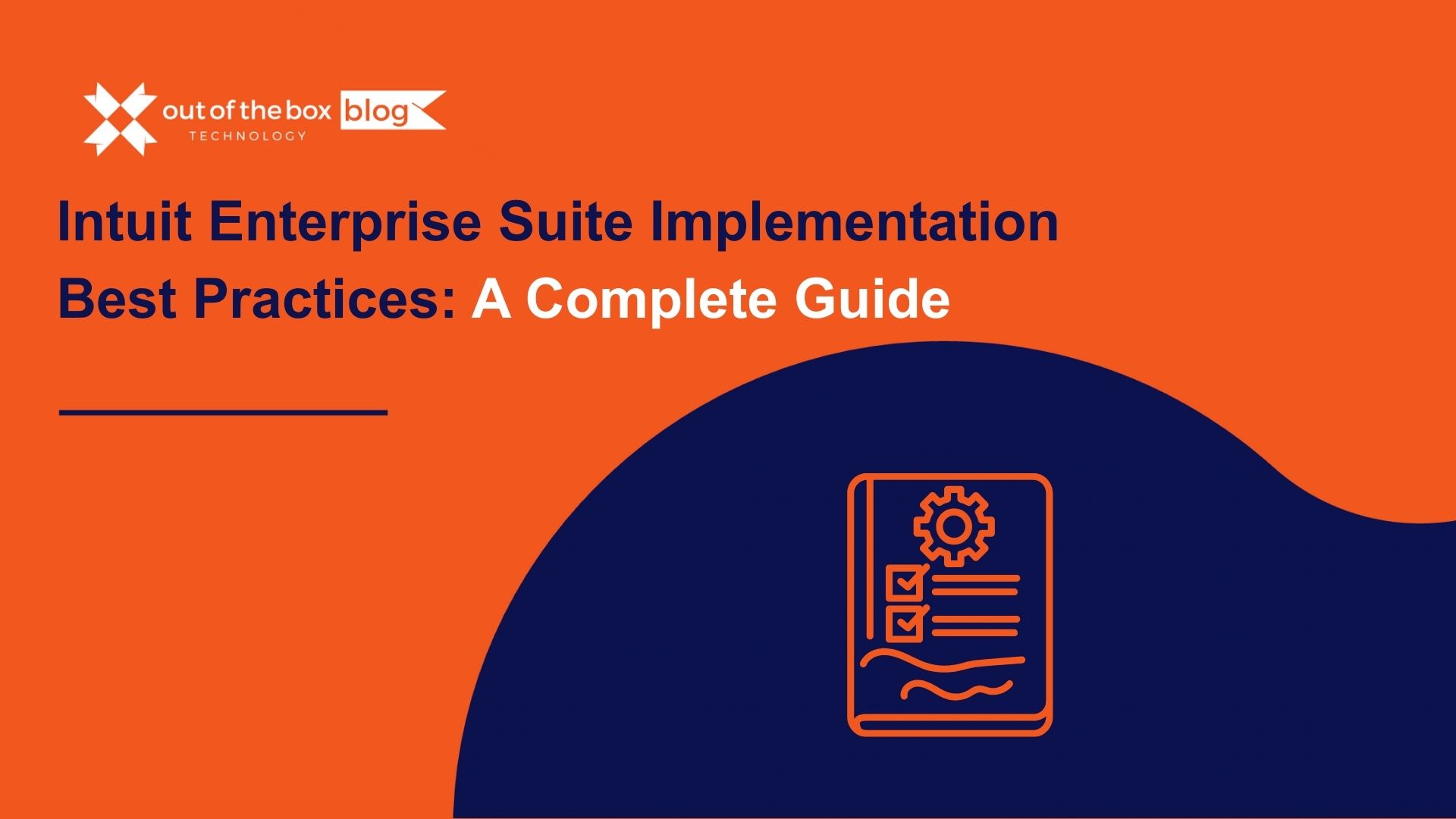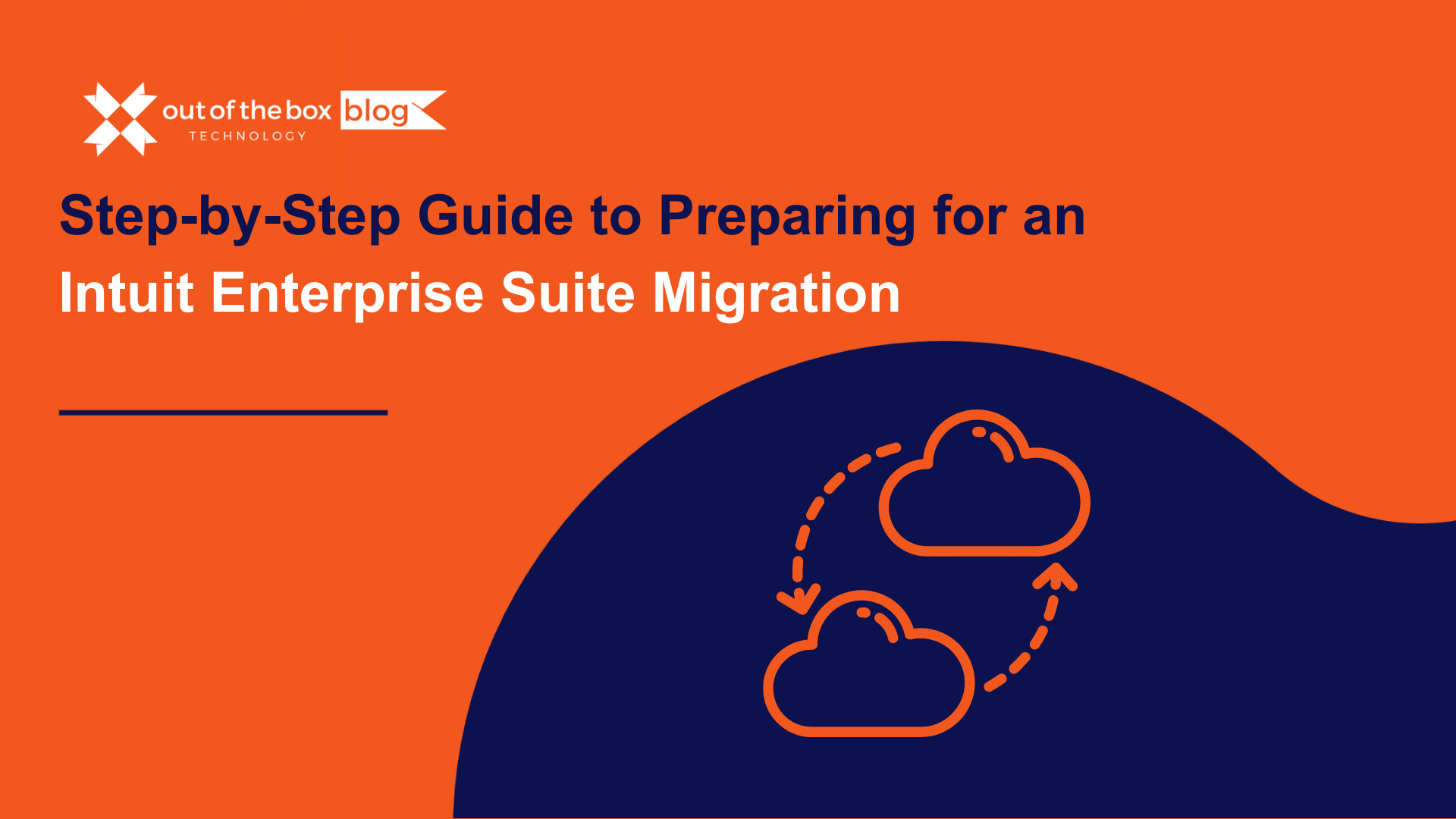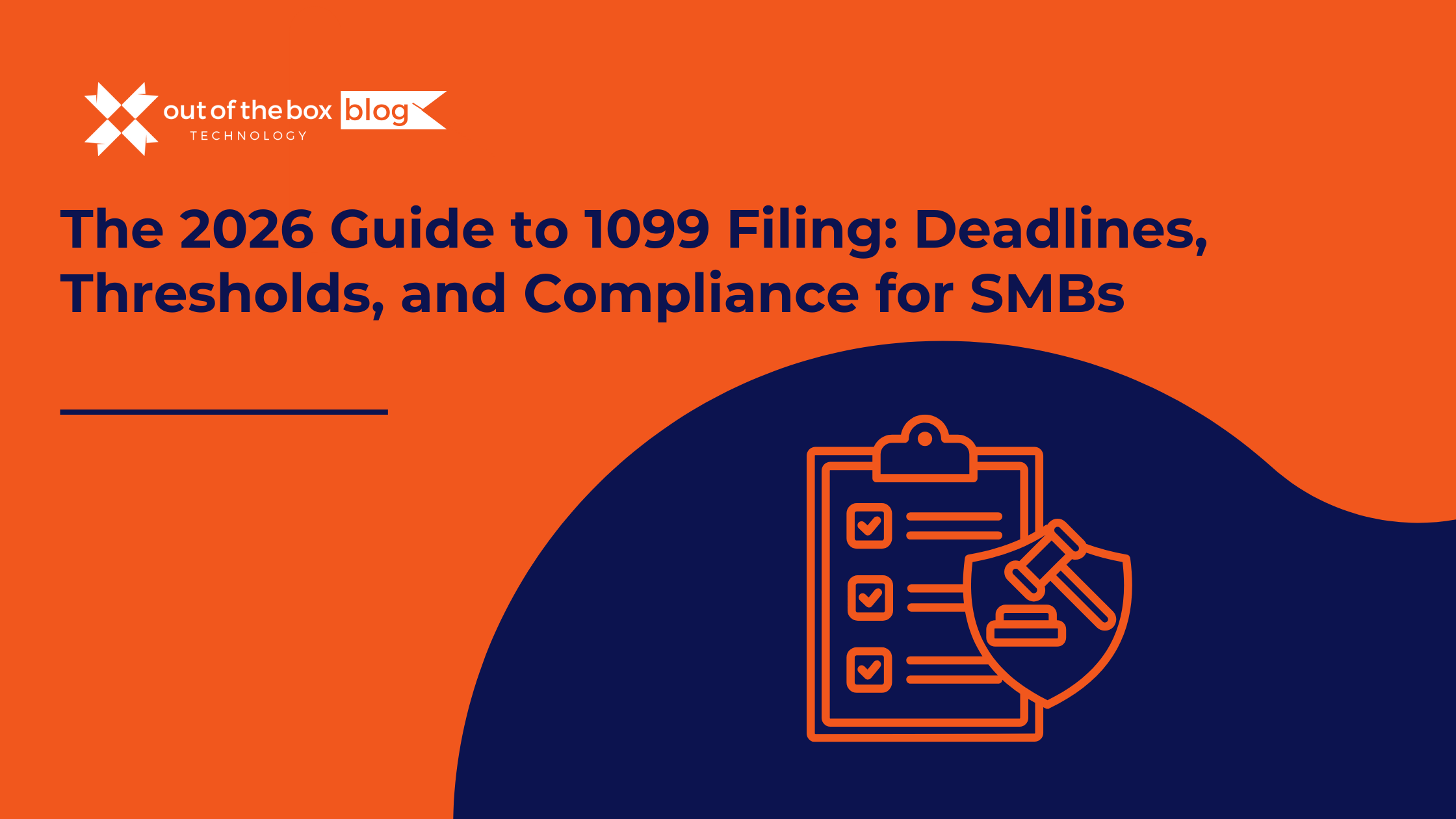Bookkeeping is a critical part of running a small business, yet many owners find it overwhelming. Without a solid bookkeeping system, even profitable businesses can struggle with cash flow, taxes, and financial health. Fortunately, there are proven strategies to simplify the process and ensure your business remains financially sound. In this comprehensive guide, we’ll explore 15 essential bookkeeping tips tailored specifically for small businesses, helping you stay organized, reduce stress during tax season, and set your business up for long-term success.
1. Choose the Right Accounting Method
The first step in setting up your bookkeeping is choosing the right accounting method: cash or accrual accounting. Cash accounting records transactions when money changes hands, while accrual accounting tracks income and expenses when they are incurred, even if the money hasn’t yet changed hands.
For most small businesses, accrual accounting is recommended because it aligns better with generally accepted accounting principles (GAAP) and provides a clearer picture of your business’s financial health(NerdWallet: Finance smarter). For instance, a marketing agency might invoice clients today but not receive payment for several weeks. Accrual accounting helps the agency recognize both the revenue and expenses related to that project, regardless of when cash changes hands.
2. Separate Personal and Business Finances
Mixing personal and business finances is a common bookkeeping mistake among small business owners. Not only does this create confusion, but it can also lead to legal complications and tax issues. For instance, during an IRS audit, co-mingled personal and business expenses could be disallowed(NerdWallet: Finance smarter).
Solution: Open a dedicated business bank account and credit card. This allows you to maintain clear records and avoid confusion when preparing financial statements or tax returns.
3. Keep Detailed Records of All Financial Transactions
Accurate record-keeping is the foundation of good bookkeeping. Failing to keep records of income, expenses, and receipts can lead to inaccurate financial statements, missed deductions, and potential penalties from tax authorities(QuickBooks Business).
Tip: Use cloud-based bookkeeping software like QuickBooks to automate this process. These tools can track your income and expenses in real time, categorize transactions, and even store digital copies of receipts(QuickBooks Business).
4. Automate Your Bookkeeping Tasks
Automation is one of the best ways to simplify your bookkeeping. Automated software can save you time and reduce the risk of human error by automatically recording transactions, reconciling accounts, and generating financial reports(NerdWallet: Finance smarter )(QuickBooks Business ).
Popular Tools: QuickBooks is one of the most widely used software tools that can automate essential bookkeeping tasks such as invoice tracking, expense categorization, and payroll.
5. Keep Track of Receipts
While it may seem tedious, keeping track of receipts is crucial for expense categorization and supporting tax deductions. According to IRS guidelines, you must keep receipts for all business expenses over $75.
Tip: Use digital receipt management tools such as Expensify or QuickBooks to scan and store your receipts electronically, ensuring that you’re always prepared for an audit or tax filing(QuickBooks Business).
6. Reconcile Accounts Regularly
Reconciling your business accounts involves comparing your financial records with bank statements to ensure they match. Failing to do this regularly can lead to undetected errors, fraud, or cash flow problems(NerdWallet: Finance smarter).
Solution: Schedule monthly or even weekly reconciliations. This will help you catch discrepancies early and maintain a clear view of your business’s financial status.
7. Manage Cash Flow Effectively
Poor cash flow management is a leading cause of small business failure. Even if your business is profitable on paper, not having enough cash to cover day-to-day expenses can cripple your operations(QuickBooks Business)(QuickBooks Business).
Tip: Create a cash flow forecast that projects your income and expenses over the next few months. This will help you anticipate shortages and make more informed financial decisions.
8. Understand Key Financial Statements
To truly grasp your business’s financial health, you need to understand three key financial statements: the balance sheet, income statement, and cash flow statement. Each provides different insights into your business’s performance(QuickBooks Business):
- Balance Sheet: Shows your business’s assets, liabilities, and equity.
- Income Statement: Tracks revenue and expenses to reveal your net profit or loss.
- Cash Flow Statement: Details how much cash is flowing in and out of your business.
Learning to read these reports will enable you to make smarter financial decisions and identify areas for improvement.
9. Set Aside Money for Taxes
Don’t wait until the last minute to pay your taxes. Budgeting for taxes throughout the year can prevent a scramble at tax time and help you avoid penalties(QuickBooks Business)(NerdWallet: Finance smarter).
Tip: Work with a tax professional to estimate your tax liability and set aside a portion of your income each month into a separate account specifically for taxes.
10. Budget for the Future
Planning for the future is a key aspect of financial management. A budget helps you anticipate expenses, manage cash flow, and prepare for growth opportunities. Without a budget, it’s easy to overspend or fall short when unforeseen expenses arise (QuickBooks Business).
Tip: Review your budget regularly, at least quarterly, and adjust as necessary based on your current financial performance.
11. Regularly Review Financial Performance
It’s important to stay on top of your business’s financial health by reviewing your financial reports regularly. Monthly reviews allow you to spot trends, identify problem areas, and make necessary adjustments before they become bigger issues(QuickBooks Business).
Example: A small retail shop that regularly reviews its profit margins and expenses was able to adjust pricing and cut costs, ultimately increasing profitability by 15% in one year.
12. Back Up Your Financial Data
Losing your financial data can be disastrous for your business. Whether due to a computer crash, cyber-attack, or natural disaster, you must have a reliable backup system in place(QuickBooks Business).
Solution: Use cloud storage or automated backup services to ensure your data is safe and accessible, even in the event of a disaster.
13. Hire Professional Help When Needed
At some point, handling your own bookkeeping may become too time-consuming or complex. Hiring a professional bookkeeper or accountant can save you time, prevent costly mistakes, and help you focus on growing your business(QuickBooks Business).
Tip: If you’re not ready for a full-time bookkeeper, consider outsourcing to a virtual bookkeeping service.
14. Set Up a Strong Audit Trail
Maintaining a strong audit trail means documenting every transaction with a corresponding receipt, invoice, or bank record. This ensures transparency and simplifies future audits or reviews(QuickBooks Business).
Tip: Use bookkeeping software to attach documents directly to transactions, creating a clear trail without the need for physical paperwork.
15. Prepare for Growth
As your business grows, your bookkeeping needs will change. Be prepared to scale your financial management by upgrading your systems, hiring more help, and adjusting your strategies accordingly(QuickBooks Business).
Tip: Regularly review your bookkeeping processes and update them as your business evolves, ensuring that your system can handle increased complexity and volume.
Quick Takeaways
- Separate personal and business finances to avoid complications during audits.
- Automate your bookkeeping tasks with software like QuickBooks to save time.
- Keep track of all receipts, especially for expenses over $75, to maximize tax deductions.
- Regularly reconcile accounts and review financial reports to maintain a clear view of your business’s health.
- Set aside money for taxes throughout the year to avoid penalties.
- Budget regularly and review your financial performance to prepare for growth and avoid cash flow issues.
Conclusion
Effective bookkeeping is crucial for small business success. By following these 15 tips, you can streamline your bookkeeping process, reduce the risk of costly mistakes, and position your business for long-term growth. Whether you’re just starting out or looking to improve your current system, investing time in proper bookkeeping will pay off with clearer financial insights and fewer headaches come tax time.
FAQs
- Why should I separate my business and personal finances?
- Keeping separate accounts simplifies tax preparation and helps avoid legal complications during audits.
- How often should I reconcile my accounts?
- It’s best to reconcile your accounts at least monthly, though weekly reconciliation can help identify issues earlier.
- Should I hire a professional bookkeeper?
- If bookkeeping is taking too much time or becoming too complex, hiring a professional can save time and prevent errors.
- What is the difference between cash and accrual accounting?
- Cash accounting records transactions when money changes hands, while accrual accounting records transactions when they are incurred.
Meet with a QuickBooks service expert today!
Schedule a complimentary QuickBooks service consultation to find out how our professional bookkeeping services can help you save time and prevent bookkeeping errors.




